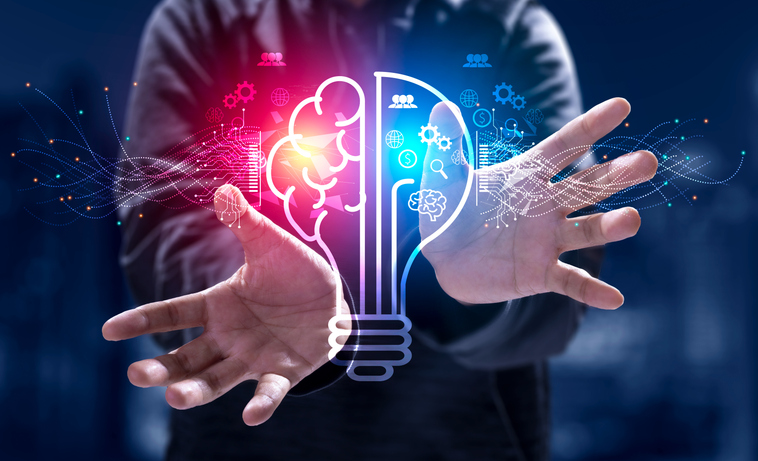HR leaders across industries are finding creative ways to integrate AI and other new technologies into their workflows. Some are carefully testing the waters, while others are jumping in with AI integration embedded throughout their workday. Regardless of adaptation level, all HR professionals are trying to balance new efficiencies with the heart and soul of HR as a profession: emotional intelligence and human connection.
In conversations I’ve had with HR leaders across industries through my role at Versique, I have heard a consistent theme: the future of HR isn’t about choosing between technology and human connection, it’s about blending them thoughtfully. Getting the balance right requires intentionality, experimentation and a steadfast commitment to the human side of human resources.
The Tech Revolution in HR
According to a 2024 SHRM survey, about 1 in 4 organizations use AI to support HR-related activities, but the majority of those organizations just recently began using the technology within the past 12 months. Tools that automate resume screening, field basic employee inquiries, manage onboarding tasks, analyze engagement surveys and identify workforce skill gaps are quickly becoming standard.
Human Resource Information Systems (HRIS) adoption and optimization are also on the rise, helping organizations streamline administrative tasks and enhance operational efficiency.
However, the real opportunity lies beyond automation. When used wisely, technology gives HR professionals the most in-demand resource: time.
Why Human Interaction Is More Critical Than Ever
Growth, development and connection have always been cornerstones of the HR industry, and an invaluable part of what HR departments bring to organizations. This is becoming even more essential as employee expectations shift.
Today’s workforce, shaped by generational changes and evolving societal norms, brings their whole selves to work. The once-rigid boundaries between personal and professional lives have blurred, and employees now expect to be seen, heard and valued in a way that’s distinctly different from past workforce norms. In fact, 96% of Gen Z workers think it’s important to feel valued, included and empowered at work, according to a report by ThoughtExchange.
Continuing to nurture interpersonal relationships is an essential HR function. So, while AI is a powerful tool, it doesn’t possess the emotional intelligence needed to navigate complex or sensitive situations like conflict resolution, employee relationship issues, or delicate conversations about mental health and well-being.
Emotional intelligence enables HR leaders to listen beyond words, understand context, respond with empathy, and build trust across the organization. These human skills are irreplaceable and essential for creating a culture where employees feel valued and supported.
Finding the Right Balance
Striking the right balance between driving efficiency with technology and maintaining emotional intelligence requires thoughtful planning and experimentation. Start small by testing AI in low-risk scenarios, like drafting internal messages or analyzing engagement surveys, then setting clear rules for how the information will be reviewed and used.
Solicit employee feedback early and often stay alert to red flags like misinformation or lack of personalization.
Continue to evaluate when to leverage automation and when to lean into human interaction. Automate simple administrative tasks like answering day-to-day questions, managing onboarding checklists and generating reports; keeping sensitive conversations, complex changes, leadership coaching and employee relations human-led. And, of course, ensure your work with any technology, including AI, is compliant with your company policies.
Let Tech Guide, Let Humans Decide
While implementing AI and technology usage in HR, it’s important to remember that AI is a great starting point, but it should never be the final product. Final communications and decisions must be guided by human judgment, emotional intelligence, and alignment with company culture.
Ultimately, technology drives efficiency, but humans drive connection, maintain authenticity and verify accuracy, all of which are crucial to effective HR. When people remain at the center of the process, technology can be a powerful tool rather than a potential disconnect.
Jenna Estlick is President of Human Resources Solutions at Versique.




